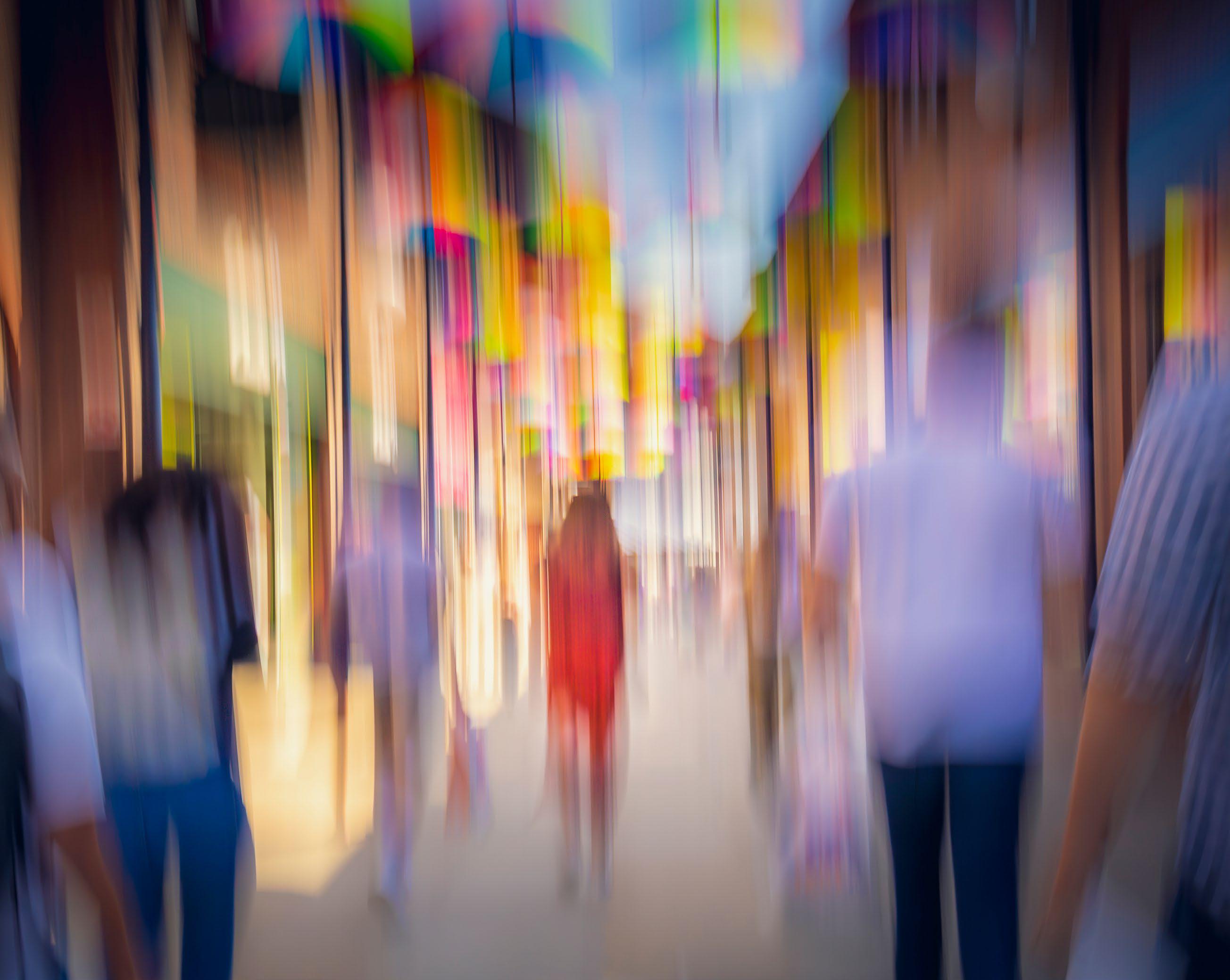
Urban environments can be a frenetic mass of contrasts, vibrant or mundane, lively or eerie, beautiful or drab. For a photographer, it’s easy enough to capture how places like this look, but it’s more of a challenge to convey how they feel. To get a sense of a place without the distractions of detail, we can turn to abstract techniques. Intentional blur, multiple exposures, unusual camera angles and digital mash-ups can all help us emphasise the emotion of the place, and create wall-worthy art that feels more in touch with the work of impressionist painters than it does with what you might call ‘normal photography’.
In this project we’ll look at a range of techniques you can try out on the streets. Camera skills are often about eliminating shake, keeping scenes in focus and preventing wonky horizons, but here we’ll throw all that out the window. Instead, we’ll celebrate the blur and the softness. When you think about it, streets and buildings are these rather simple geometric shapes and lines, dotted with people and lights. As such, they’re ripe for an abstract treatment, as we can reduce the elements down to blurry strokes of colour, impressions of people and flowing shapes, while still retaining the spirit of the scene.
You don’t need any special equipment or lenses for this – in fact, even the cheapest lens will produce results just as good as premium optics. What’s more, you can try this in all conditions – sunny, overcast, rainy, even at night. So embrace the abstract, grab your camera and hit the streets…
Denne historien er fra August 2023-utgaven av PhotoPlus : The Canon Magazine.
Start din 7-dagers gratis prøveperiode på Magzter GOLD for å få tilgang til tusenvis av utvalgte premiumhistorier og 9000+ magasiner og aviser.
Allerede abonnent ? Logg på
Denne historien er fra August 2023-utgaven av PhotoPlus : The Canon Magazine.
Start din 7-dagers gratis prøveperiode på Magzter GOLD for å få tilgang til tusenvis av utvalgte premiumhistorier og 9000+ magasiner og aviser.
Allerede abonnent? Logg på
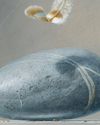
The Art of Copying Art - James Paterson shows you how to use your Canon gear to capture artwork and paintings the right way with simple camera and lighting skills
Whether you want to capture a painting like the above, digitise old prints or reproduce any kind of canvas, there's real skill in capturing artwork with your camera. Not only do you need the colours to be accurate, you also need to master the spread, angle and quality of the light to minimise glare and show the work at its best.This painting by the artist Bryan Hanlon has a wonderfully subtle colour palette. To reproduce the painting in print and digital form, it needs to be captured in the right way.
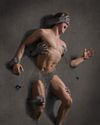
Fright night
Canon photographer and digital artist Alexander loves to craft incredible fantasy scenes with a spooky horror twist

Sharpen your shots with DPP
Sharpening a digital image also increases contrast at the edge of details

CANON ImagePrograf PRO-1100
Deeper blacks, better bronzing, greater lifespan and 5G Wi-Fi -Canon's new printer is full of new tech, says
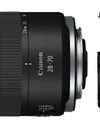
Canon's new 'kit lens' is actually a half-price f/2.8 trinity lens!
The Canon RF 28-70mm F2.8 IS STM lacks a red ring, but borrows premium features from its L-series siblings

DREW GIBSON
Pro motorsports photographer Drew on why he hasn't (yet) switched to Canon's mirrorless system, why old-school techniques can be the most reliable, and the lessons learned from more than a decade shooting the world's biggest car brands

Up in smoke
Make a smoky shape in Affinity Photo and get to grips with the amazing Liquify Persona under the guidance of James Paterson
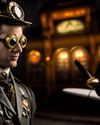
Expand your creativity with Generative Fill
Photoshop's Al-powered feature brings revolutionary new tools to image editing. James Paterson reveals all...
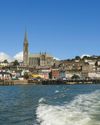
Turn your images into vintage postcards
Wish you were here? Sean McCormack explains how you can give your summer photographs a vintage postcard look

The Angel Malibu
Light painting an American movie producer in the Wadi Rum Desert in Jordan was a highly unlikely evening out for David!